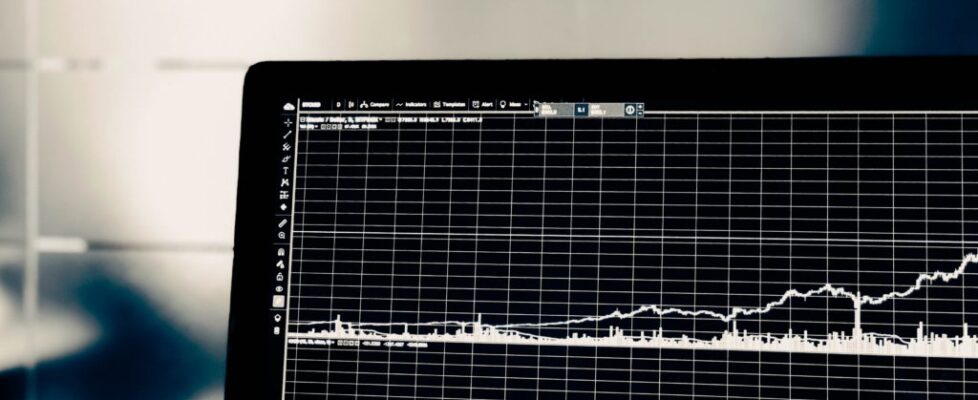DOJ opposes new attempt by ex-Deutsche Bank traders to nix convictions in spoofing case
The United States Department of Justice (DOJ) has opposed the latest attempt by former Deutsche Bank traders Cedric Chanu and James Vorley to overturn their wire fraud convictions in a spoofing lawsuit.
Let’s recall that, according to the indictment, Cedric Chanu and James Vorley manipulated the futures market on the Chicago-based COMEX exchange by placing large visible “spoof” orders for futures contracts and then quickly canceling them before they could be filled. Because these orders appeared to signal genuine market interest, they often drove prices up or down, enabling the defendants to trade more easily or more profitably on the opposite side of the market.
The traders were convicted on September 25, 2020. They were sentenced to 12 months and one day in prison for a scheme to commit wire fraud affecting a financial institution.
The traders have made several attempts to overturn their convictions. The latest one focuses on a recent ruling in a Libor-rigging case.
Cedric Chanu and James Vorley have submitted a Rule 28(j) letter calling the Court’s attention to United States v. Connolly, which overturned the wire fraud convictions of Deutsche Bank traders who attempted to manipulate the LIBOR interest rate.
Former Deutsche Bank traders Matthew Connolly and Gavin Campbell Black have managed to secure reversal of their fraud convictions. On January 27, 2022, the Second Circuit U.S. Court of Appeals issued an Opinion reversing the judgments of conviction and remanding the case to the district court for entry of judgments of acquittal.
In a letter filed by the DOJ on February 10, 2022, the DOJ argues that the ruling in the Libor manipulation lawsuit cannot be used as an argument in favor of overturning the convictions in the spoofing lawsuit.
LIBOR panel banks were instructed to submit the rate at which they “could” borrow funds “in reasonable market size,” and Deutsche Bank adjusted its LIBOR submissions based on the defendants’ trading positions in derivative markets.
Connolly held that the evidence failed to show that Deutsche Bank “did not reasonably believe it ‘could’ have borrowed” money at the submitted rates. Connolly also rejected the government’s theory that the submissions carried an “implied certification” that they were not influenced by Deutsche Bank’s trading interests.
The LIBOR instruction did not prohibit “intrabank input,” meaning that “a bank’s submission of a LIBOR rate did not implicitly represent that there had been no consideration of the panel bank’s existing trades.”
The DOJ argues that the ruling in the Connolly case does not support Chanu and Vorley’s challenge to their convictions. The charges in the spoofing case were premised on the common-sense notion that orders on the CME exchange impliedly represented a good-faith intent to trade.
Unrebutted evidence showed that CME’s rules required orders to be placed with a good-faith intent to trade, the DOJ says. And the evidence showed that Defendants’ spoof orders misrepresented their intent. Connolly’s rejection of a factually distinct “implied certification” theory does not call into question this Court’s decisions holding that placing misleading orders on a commodities exchange can constitute fraudulent misrepresentation.
Nor does Connolly support Defendants’ argument that they should have received a good-faith instruction, the DOJ adds. According to the US Government, Connolly does not mention “good faith” and does not undermine this Court’s decisions holding that a good-faith instruction is not required where the jury must find intent to defraud.
The lawsuit continues at the United States Court of Appeals for the Seventh Circuit.





